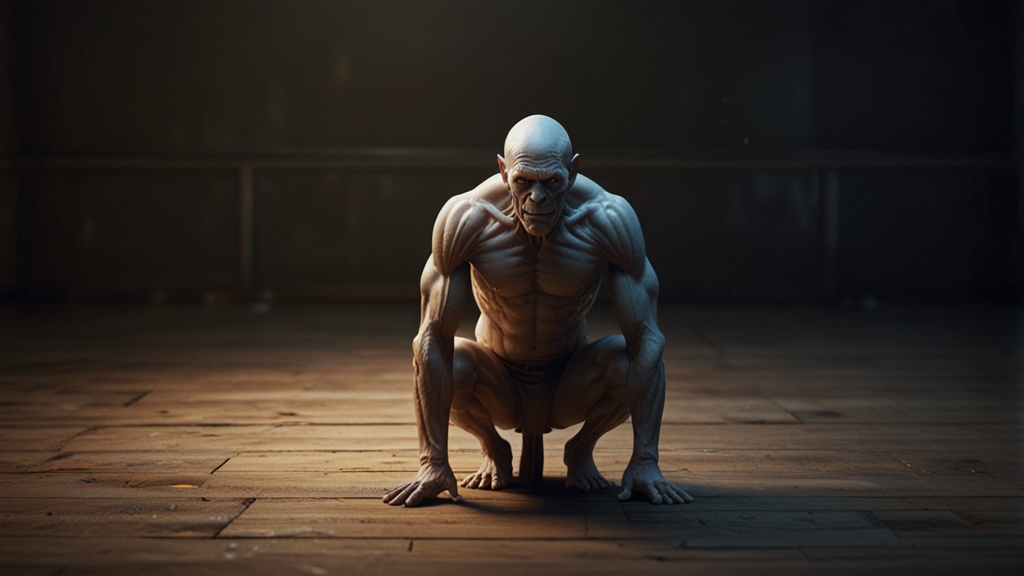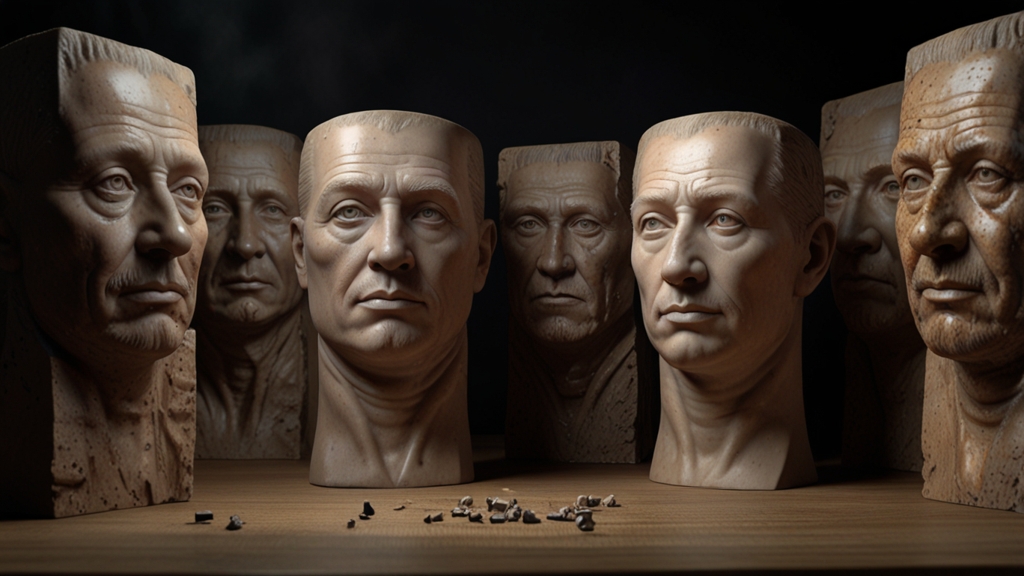Riddles That Will Make You Question Reality
Riddles have been a form of intellectual challenge and entertainment for centuries, stimulating our brains and sometimes leaving us in a state of contemplation. The most intriguing riddles are those that seem to warp reality, making us question everything we know. Here’s a collection of such riddles that might just leave you puzzled and pondering the nature of the world around you.
The Classic Paradox of the Liar
One of the most famous riddles that challenge our understanding of reality is the Liar Paradox. It goes as follows:
"This statement is false."
At first, it seems straightforward, but upon closer inspection, it's a conundrum. If the statement is true, then it must be false as it claims to be, but if it's false, it must be true. This creates a paradox with no clear resolution, forcing us to question the reliability of self-referential statements and the nature of truth itself.
The Ship of Theseus
Another riddle that delves deep into philosophical waters is the Ship of Theseus. The thought experiment asks:
"If you replace all the parts of a ship, one by one, until none of the original parts remain, is it still the same ship?"
This riddle probes the concepts of identity and transformation. When does something become different from what it originally was? Is there an intrinsic essence that remains unchanged even as its components change? This riddle not only questions material continuity but also our own sense of self as our cells and experiences evolve over time.
Schrödinger’s Cat
Stepping into the realm of quantum mechanics, we encounter Schrödinger’s Cat. This famous thought experiment was proposed by physicist Erwin Schrödinger to illustrate the weirdness of quantum mechanics:
"A cat is placed in a sealed box with a mechanism that has a 50% chance of killing the cat in a given time. Until someone opens the box, the cat is simultaneously alive and dead."
Schrödinger's Cat challenges the classical idea of reality where something has to be either one thing or another—alive or dead, in this case—by proposing a situation where two contradictory states can exist simultaneously. It brings into question our understanding of observation, measurement, and the very fabric of reality.
The Barber Paradox
Another perplexing riddle is the Barber Paradox, which goes like this:
"In a town, there is a barber who shaves all those, and only those, who do not shave themselves. Does the barber shave himself?”
The paradox arises because if the barber shaves himself, he cannot be shaving himself since he only shaves those who do not shave themselves. Conversely, if he does not shave himself, he must shave himself since he shaves everyone who does not shave themselves. The Barber Paradox illustrates the complexities and contradictions within self-referential systems, urging us to reconsider definitions and the consistency of logical rules.
The Tortoise and Achilles
One of Zeno's paradoxes that fundamentally challenges our concept of motion and time is the Tortoise and Achilles. In this riddle, the swift Achilles gives the slow-moving tortoise a head start in a race:
"Achilles will never be able to overtake the tortoise because whenever Achilles reaches the point where the tortoise was, the tortoise has moved a little further ahead. Thus, Achilles will always be trying to catch up to a tortoise that has moved just out of reach."
This paradox draws us into the infinite divisibility of space and time, making us question the continuum of reality. While modern mathematics and calculus resolve this paradox by explaining convergent series, it remains a thought-provoking illustration of how our intuitive understanding of motion can be dramatically flawed.
Conclusion
Riddles that make us question reality play an important role in expanding our intellectual horizons. They serve as mental exercises that push the boundaries of thought, challenging us to rethink our assumptions and explore new dimensions of understanding. The paradoxes discussed, from the Liar Paradox to Zeno's Tortoise and Achilles, offer a glimpse into the profound and sometimes perplexing nature of reality, leaving us to reflect on the mysterious world we live in.







